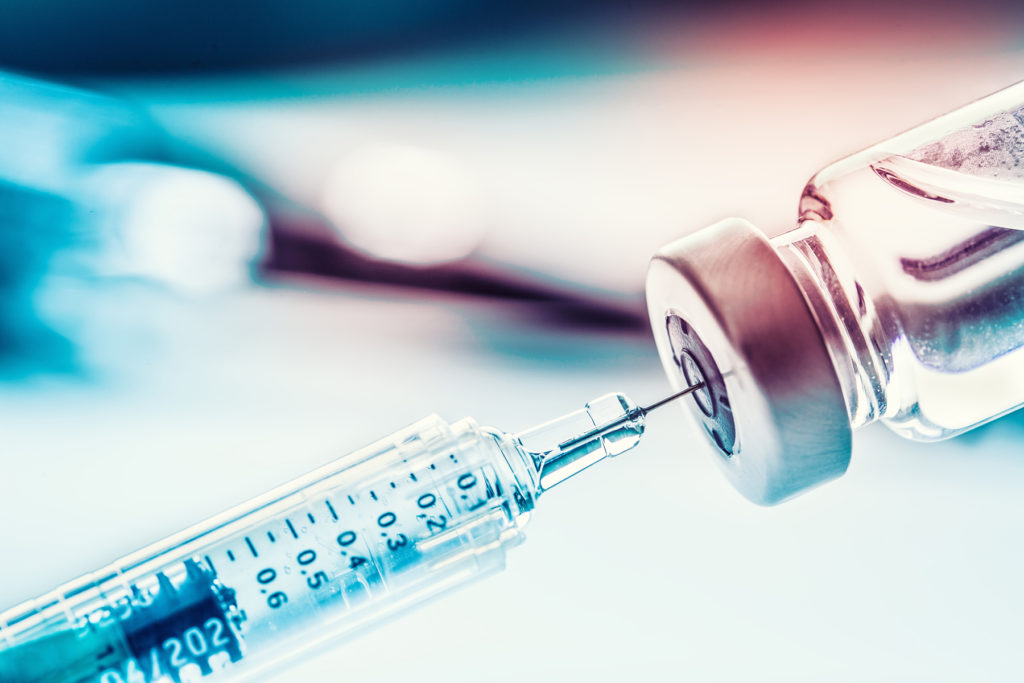When this horrific era of death and isolation and lockdowns and screaming men with guns and infinitely long Zoom meetings finally ends, I know the phrase that will encapsulate it for me:
“Can I please share?”
That’s what my seven-year-old son says approximately 3,862 times a day. He yells this while he is in his remote-learning class, when he is one of two dozen second graders vying for the teacher’s attention.
“Can I please share?” he will shout while waving his artwork or math sheet or grammar lesson at the computer screen. Of course, many of the other kids in the class also want to share their work, or just be the first one to give the right answer. So they all start shouting, “Can I please share?” or “I want to share” or “It’s my turn to share.”
And then it turns into an online Lord of the Flies, but with arguments about adverbs and improper fractions.
In any case, I’m grateful that my son is doing ok in his virtual classroom. Because the same cannot be said about many American kids.
Although early studies of online learning indicate that “the Covid-19 pandemic and the learning disruptions it caused have been less detrimental than researchers had expected,” it could be years before we know “the true educational toll of the pandemic — and the effects could be long-lasting.”
And we know that for many “Black and Hispanic students, as well as those in schools that serve low-income populations, the situation is more concerning — with marginalized students falling further behind in reading and math.”
This, of course, means that the educational gap between ethnic minority children and White kids is only widening.
Now, that’s grim news, to be sure. But hey, won’t everything get back to “normal” after all those kids get vaccinated and return to the classroom?

Well, this presupposes that Black and Latino kids get vaccinated at the same rate as White kids. And the truth is that “America’s history of racism in medical research and a lack of trust in the federal government is making some Black Americans and Latinos hesitant to take the vaccine.”
It’s almost like the Tuskegee experiments, the forced sterilization of Latinas, and the unethical testing of procedures “that caused health complications or death” have left ethnic minorities distrustful of the medical establishment.
I mean, what are the odds?
Currently, only 14% of Black Americans trust that a coronavirus vaccine will be safe. Latinos are more optimistic, with 34% saying they trust the vaccine to be safe. But compare that to the 61% of White people who are eager to be vaccinated.
The result is that “vaccine hesitancy could result in some Black and Latino Americans not being vaccinated as Covid-19 continues to batter their communities at disproportionate rates.”
Latinos have the additional burden of being fearful of the government, which is something that just sort of happens when a president spends his entire term demonizing Hispanics. Indeed, the Trump Administration’s “anti-immigration policies, public charge rules that create barriers to citizenship, and threats to the Affordable Care Act have made some Latino families reluctant to receive healthcare.”
As a final handicap, keep in mind that many ethnic minorities live “in poor and urban neighborhoods that don’t have doctors or healthcare facilities near their homes.”
So we have a situation where Black and Latino kids are suffering the most from the pandemic, and are the least likely to come out of it quickly.
For those kids, it will 2020 for years to come.





December 12th, 2020 on 8:27 pm
also remember that many of those minority kids do not have access to computers. So i is very hard to do homework.